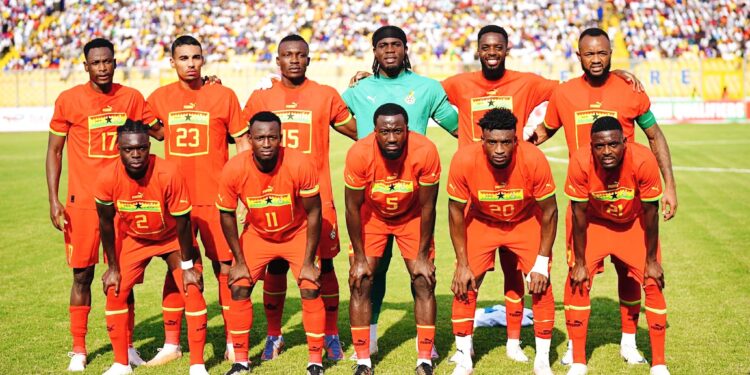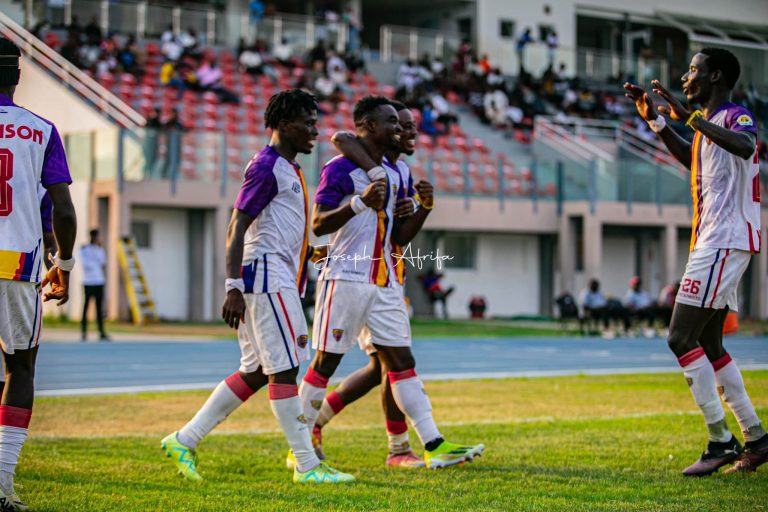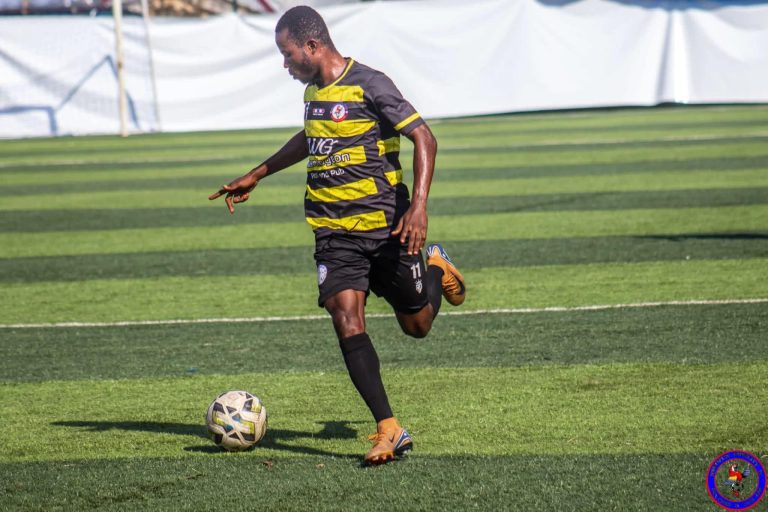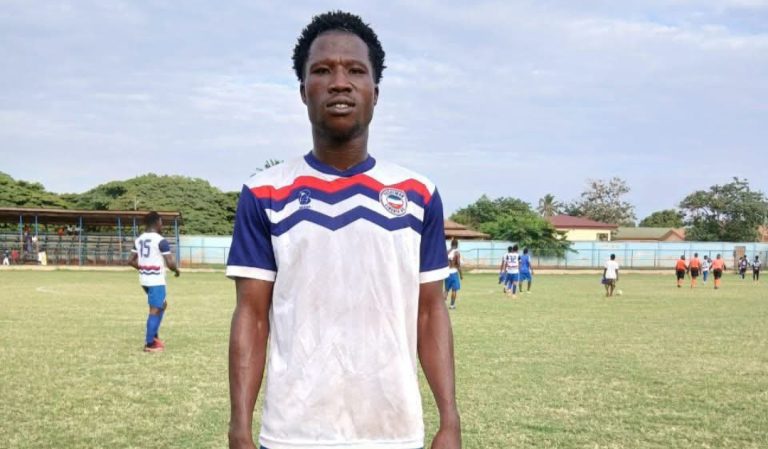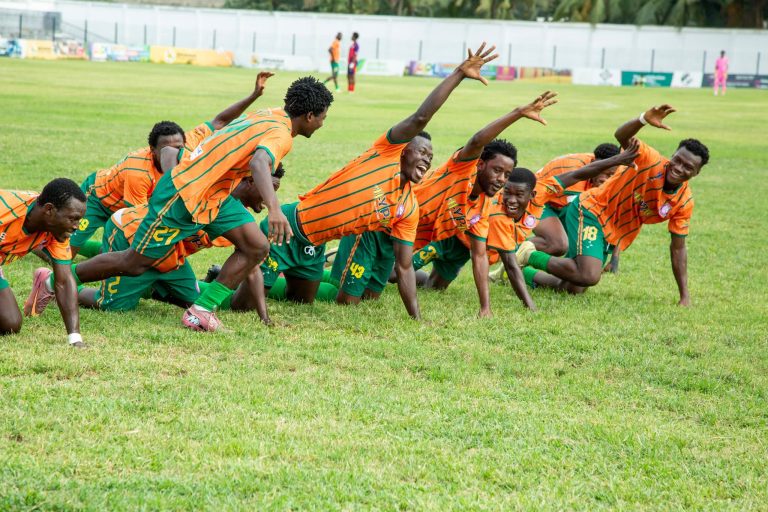Ghana displayed resilience by overcoming a one-goal deficit to defeat the Central African Republic 2-1 at the Baba Yara Stadium on Thursday, securing their qualification for the 2023 Africa Cup of Nations.
Ernest Nuamah, who came off the bench, netted the late winner after Mohammed Kudus had equalized late in the first half.
The Central African Republic initially took the lead through Louis Mafouta, surprising Ghana.
Here are five key takeaways from the match:
- Defensive Issues Persist: Ghana’s defense struggled with cohesion from the outset, allowing the Central African Republic to exploit gaps and create scoring opportunities, including from a corner. The goal conceded was a result of subpar defending.
- Gap Between Attack and Midfield: There was a noticeable gap between Ghana’s midfield and attacking players, granting the Central African Republic too much space to maneuver. This laxity provided the visitors with comfort on the ball and freedom to dictate their passes.
- Lack of Understanding in Attack: Coordination between Inaki Williams and the trio of Mohammed Kudus, Osman Bukari, and Jordan Ayew behind him was lacking. Inaki appeared isolated at times, with inadequate support for his forward runs, possibly influenced by his preferred position on the wings at the club level.
- No Substantial Improvement: The match did not witness a significant improvement in Ghana’s playing style compared to the previous three games under Chris Hughton’s leadership. While there was a brief improvement in passing during the initial 15 minutes, it regressed afterward. However, substitutions later in the match, particularly toward the last quarter, rejuvenated Ghana’s performance.
- Impactful Bench: Ghana benefited from a strong bench once again, as substitutes made a significant difference, reminiscent of the game against Angola at the same Baba Yara Stadium. Antoine Semenyo played a crucial role by setting up fellow substitute Ernest Nuamah for the decisive goal, highlighting the depth and impact of the bench.
Ghana’s victory, shaped by tactical adjustments and impactful substitutions, ultimately secured their place in the Africa Cup of Nations, highlighting their ability to overcome challenges and adapt during crucial matches.


